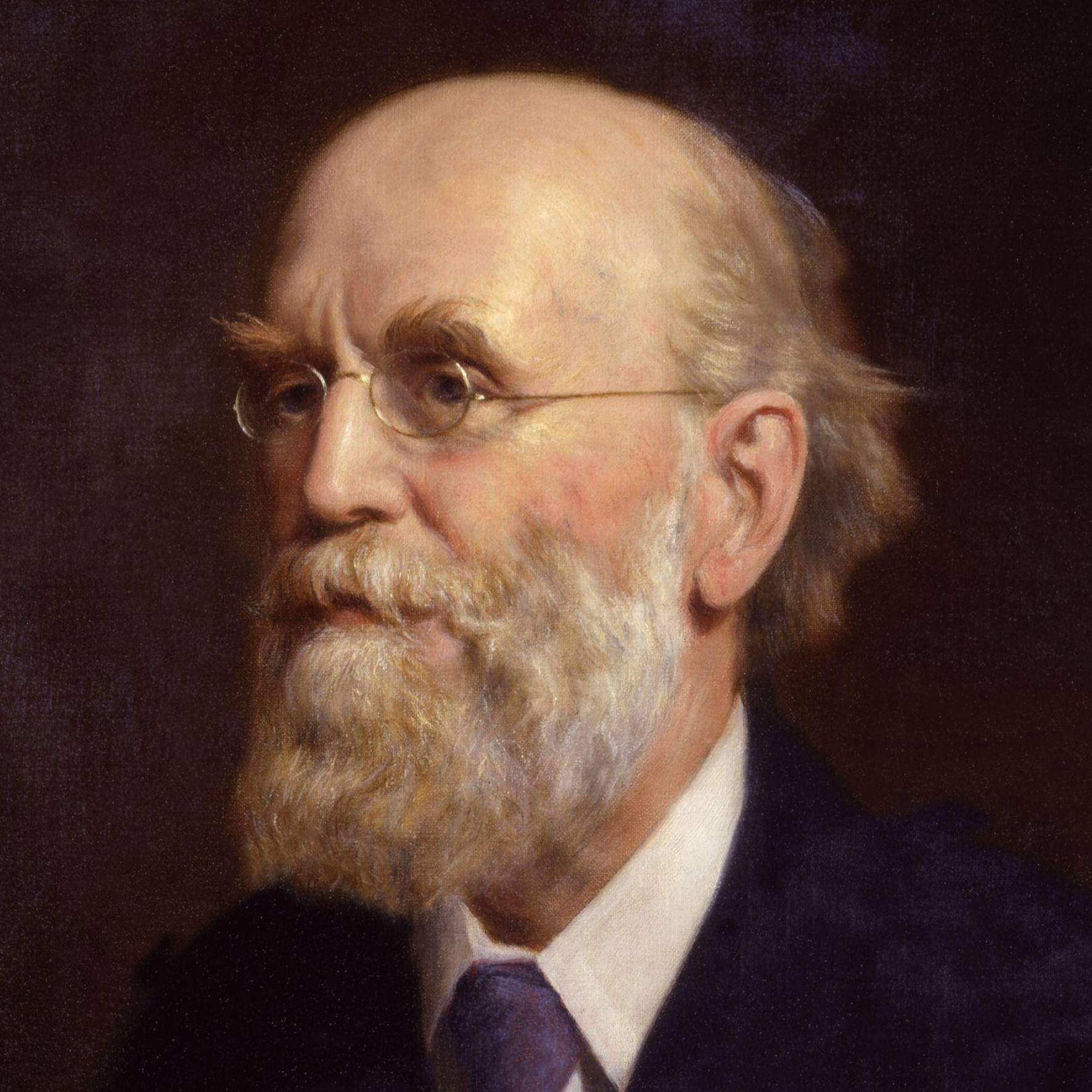We’re up to in our sampling of newspaper coverage of the “passive resistance” campaign against aspects of the Education Act in Britain.
The Gloucester Journal covered the summoning of 32 resisters to the Gloucester Police-court. The Reverend W. Hogan gave a speech to the court on behalf of the group, stating the usual objections against the Act, and adding:
The recent largely attended and thoroughly representative conference held in London to discuss the working of the Education Act of has shown us how great is the need for this protest, for a bad Act is being exploited in every possible way that is harmful to the best interests of the people, by some unscrupulous clergy.
The Derby Daily Telegraph of covered the summonses of two passive resisters from Littleover. One gave a passionate speech which was duly printed by the newspaper, and the magistrates ordered the usual distress warrants.
The London Daily News noted 38 resisters had been summoned to the Epping Petty Sessions, 37 in Lincoln City, eight in Newport, 28 in Hendon, four in Atherton, 17 in Chatham, five in Eltham, seven in Fareham, 61 in Grimsby, 80 in Kettering, ten in Royston, five in Shap, and four more in London. In one of the latter cases, the paper editorialized that the resister “will be summoned at the Mansion House also for the education rate in the City of London — a fitting place, seeing that it was built by fines extorted from Dissenters.” The paper also noted sales of goods of 53 resisters in Long Eaton and 25 in Leighton Buzzard.
In one of the Hendon cases:
An elderly lady, Miss Newberry, wrote that she would rather go to prison than pay, and she hoped the Bench would make the order as early as possible. As there were no goods upon which to levy distress, defendant was committed for seven days, the order to be held over for a fortnight.
In a surprising turn of events, the same paper reported in another case that a member of the establishment church had joined up with the passive resisters:
Churchman’s Strong Protest.
Some sensation was caused at a hearing of Passive Resistance cases in the Framlingham Police Court.
After several of the Resisters had stated their objections “as Nonconformists” to the rate, Mr. J.A. Aldis, of Saxstead Hall, a member of the Established Church, came forward and stated his, and concluded with the remark as genuine as it was unexpected: “Finally, as a Churchman, I object to the rate because it is so scandalously unfair to Nonconformists.”
The Bench, who had listened with courtesy, looked a good deal surprised at such a statement from such a quarter, which was greeted with a murmur of applause from the body of the Court.
An additional article from the same paper concerned a Wesleyan (Methodist) minister who had been trying to win the opportunity to resist the education rate (his church, which was not participating in the passive resistance campaign, had been paying his rates on his behalf). John Clifford wrote to the minister (W. Wakinshaw) to congratulate him on his stand and in the hopes it would bring the Wesleyans in line with other nonconformist churches in supporting the passive resistance movement.
The Nottingham Evening Post of covered the summons of dozens of passive resisters there. This case was rowdier. A spokesperson asked the court if they would hear the protests of two of the resisters, but the court interrupted them and shut them down when they tried to talk about their objections to the law. Then it quickly tried to issue orders against the whole bunch without letting anyone else talk and the courtroom erupted into “indignant cries” and the like.
Finally, the Essex Newsman covered the auction of goods seized from 27 resisters of London and Buckhurst Hill. “A meeting to protest against the Education Act was held afterwards, the Rev. G. Dent presiding. An address was delivered by Alderman O’Connor, who was imprisoned in Chelmsford gaol for non-payment of the education-rate…”

